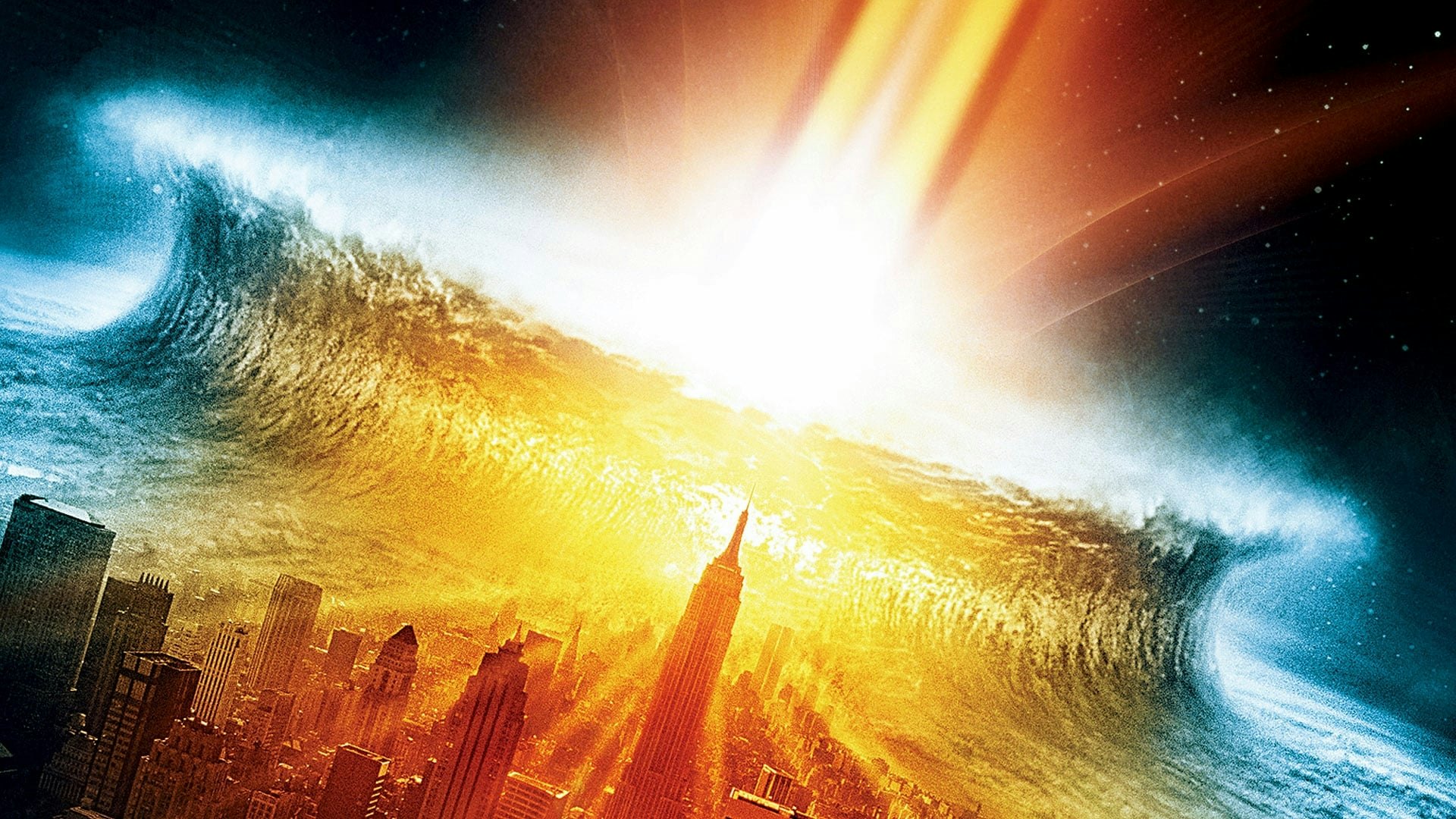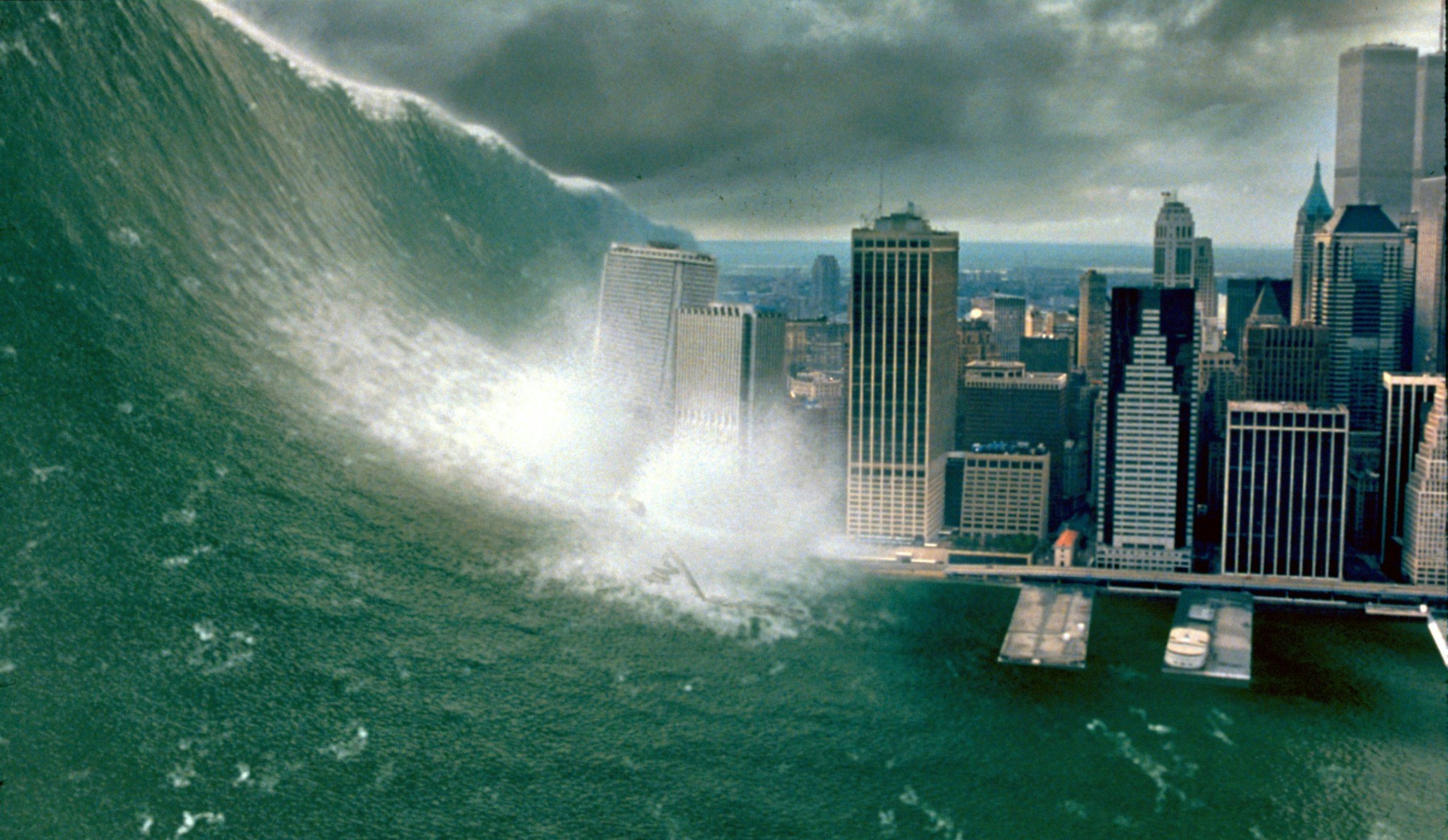
We don’t make disaster flicks like we used to, despite all the disasters we’re dealing with. Pop culture is saturated with nostalgia for the ’90s, but you wouldn’t think of them as good times based on the frequency of blockbusters about something trying to wipe humanity out. Armageddon and Independence Day can and should be considered classics of the genre, but one film doesn’t get the credit it deserves when we discuss this entertaining and cathartic era of Hollywood.
Nothing in Deep Impact is unique. Like its summer competitor Armageddon, it’s about how humanity — as represented almost exclusively by America — deals with the knowledge that a massive space rock is racing toward our planet to kill us all. Unless Armageddon, Deep Impact didn’t have a killer soundtrack and a sexy love story. And unlike Independence Day, it didn’t have a charismatic Will Smith.
With a teenage Elijah Wood in its corner, Deep Impact enjoyed modest box office success and a critical drubbing. Reviewers couldn’t appreciate its subtle charms, especially compared to its sexier and more bombastic contemporaries. But they’re there, and they shine even brighter in retrospect.
Broadly, ’90s sci-fi disaster flicks are stories of American institutional competence. The government and its military may suffer death and destruction, but they always get their crap together and deal with the threat. In Armageddon, NASA whips a team of working-class oil drillers into space shape. In Independence Day, American marine Steven Hiller (Smith) teams up with MIT-educated engineer David Levinson (JeffGoldblum) to take down the aliens.
In Deep Impact, however, our competent government saviors are not the stars. As much as that title belongs to anyone in an ensemble film, it belongs to Tea Leoni’s Jenny Lerner, an MSNBC journalist who stumbles onto the truth of the comet before the President announces it to the world. Jenny never helps solve the problem, although she is a big part of communicating it. And when the whole world watches as a team of NASA astronauts attempt to blow up the comet, she’s the anchor who watches with us. “We’ll stay with you through all of this,” she says, in a display of on-air camaraderie meant to inspire comfort in collective togetherness rather than collective fear and anger. This movie values the act of comfort in the face of disaster, and maybe America did at the time too.

You can see why ‘90s-era critics, especially male ones, may not have known what to do with a protagonist like Jenny Lerner. She doesn’t shoot anyone or crunch numbers for NASA. She spends most of her time trying to prove herself in a sexist newsroom, listening to her lonely mother complain, and trying to pretend that she doesn’t care about her parents’ divorce. She is a single woman without romantic prospects or further ambitions.
When the comet hits, Jenny gives up her seat on a helicopter out of Washington D.C. to a mom in her office. Then she finds her father on the beach, and they hold each other as the tsunami comes. Her last word, “Daddy,” is one of vulnerability. It has more in common with the ending of Rogue One than the triumph of Independence Day or Armageddon. Most of our heroes die, and while a team of mostly American astronauts prevents an extinction-level event, America’s Eastern seaboard is annihilated. Deep Impact tries to put a simple bow on it with a stirring speech from President Morgan Freeman, but it doesn’t quite land. And, as a modern viewer, it doesn’t have to. The more complicated, quasi-depressing ending feels more relatable.
Deep Impact was directed by Mimi Leder, who would go on to executive produce The Leftovers, another story about how humans deal with events so big and out of our control that they seem biblical. Deep Impact has neither the ambition nor the space The Leftovers has to explore similar themes, but it’s refreshingly modern in its treatment of the emotional devastation of disaster. Unlike Independence Day or Armageddon, it stops to show that comfort in the face of devastation is worthwhile.
We shouldn’t make disaster films like we used to; we need new kinds of films for our new kinds of disasters. But it’s nice to revisit a movie from an era when people had different fears, especially when that movie posits that, sometimes, winning doesn’t look like saving the day and yourself. Sometimes it just looks like hugging someone you love at the end of it all.
Deep Impact leaves HBO Max on March 31.







